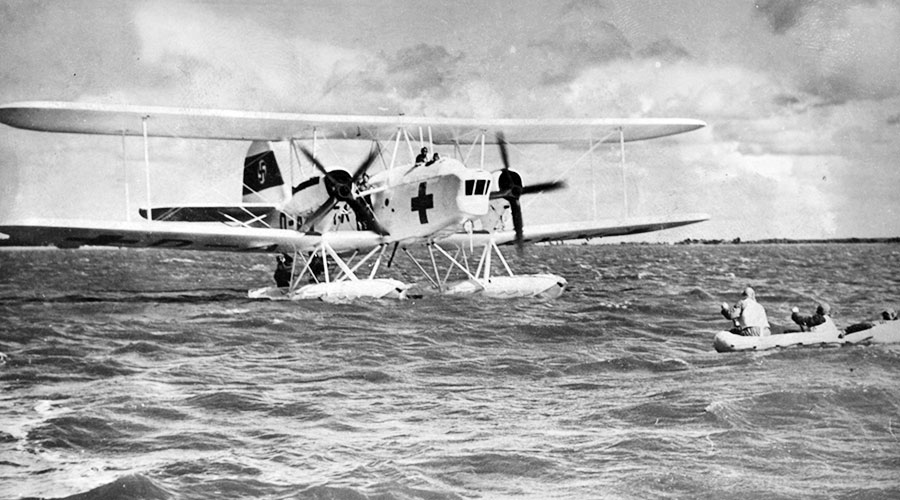BOOK OF THE WEEK
- 13 Jan - 19 Jan, 2024

The treaty bans the development, production and stockpiling of biological and toxin weapons. It has now been ratified by most of the countries worldwide.

Only 89 of the 212 crew members survived the Norwegian platform's capsizing into the heavy North Sea, which was actually caused by a fatigue crack in one of the legs.

French inventor Henri Fabre's Canard (Fabre Hydravion) was the first float plane to take off from the water under its own power. The first flight was measured at about 457 metres.

Contrary to initial concerns, the ban had no adverse economic effects, and soon several other countries also passed similar legislation. According to the World Health Organisation, tobacco smoke is the single greatest cause of preventable death globally.

In the event, which is annually commemorated on Land Day, several protesters were killed and scores injured by Israeli police. The Palestinians once and for all demand that the international community pick the right side of history.

The annual event is the world's most important wrestling meet. It is the biggest ever event organised by the World Wrestling Entertainment (WWE).

The computer company, which has evolved into a multinational corporation and whose best-known product is the iPhone, was founded by Steve Jobs, Steve Wozniak, and Ronald Wayne. In 2012, the company's global revenue amounted to $156 billion.
COMMENTS